Hinduism, often called the “world’s oldest living religion,” is more than just a faith—it’s a way of life. With over a billion followers worldwide, Hinduism has shaped culture, spirituality, and philosophy for thousands of years. But what makes it so timeless and universal? Let’s embark on a journey to explore the richness of this ancient tradition.
The Core Concepts of Hinduism
- Dharma teaches individuals to live a life of purpose and righteousness, embracing their duties with integrity.
- Karma emphasizes that our actions—good or bad—create ripples that shape our future.
- Moksha, the ultimate goal, represents liberation from the cycle of rebirth and unity with the divine.
Imagine this: when we perform good deeds without expecting rewards, we align ourselves with the cosmic flow of Karma, bringing harmony to our lives.
Vibrant Festivals and Rituals
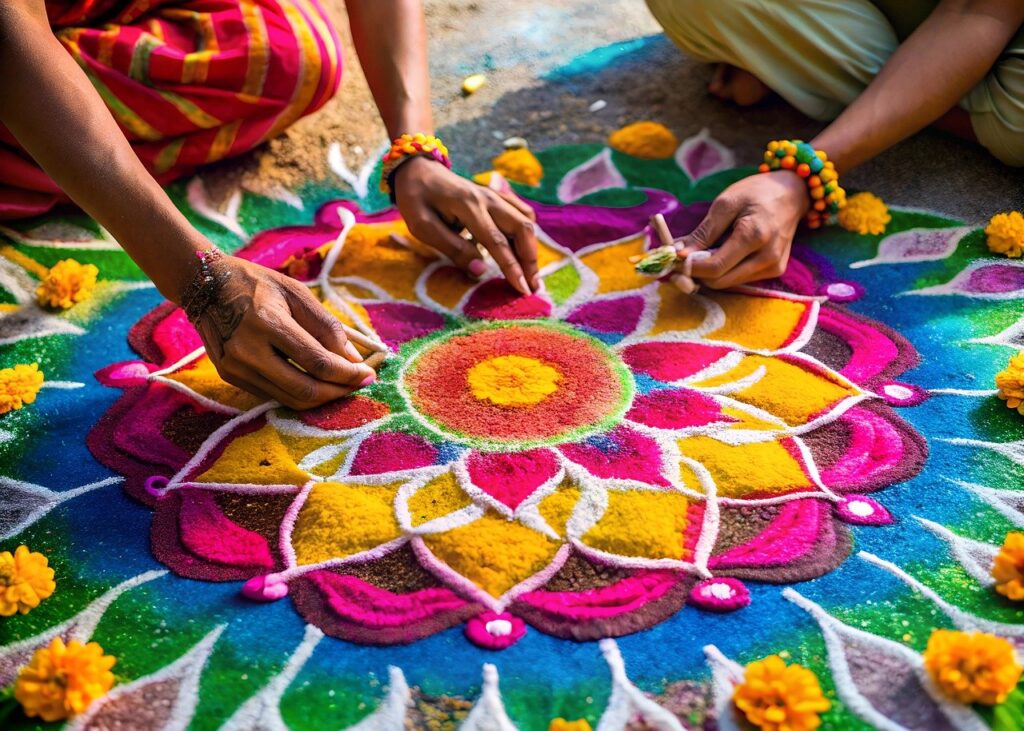
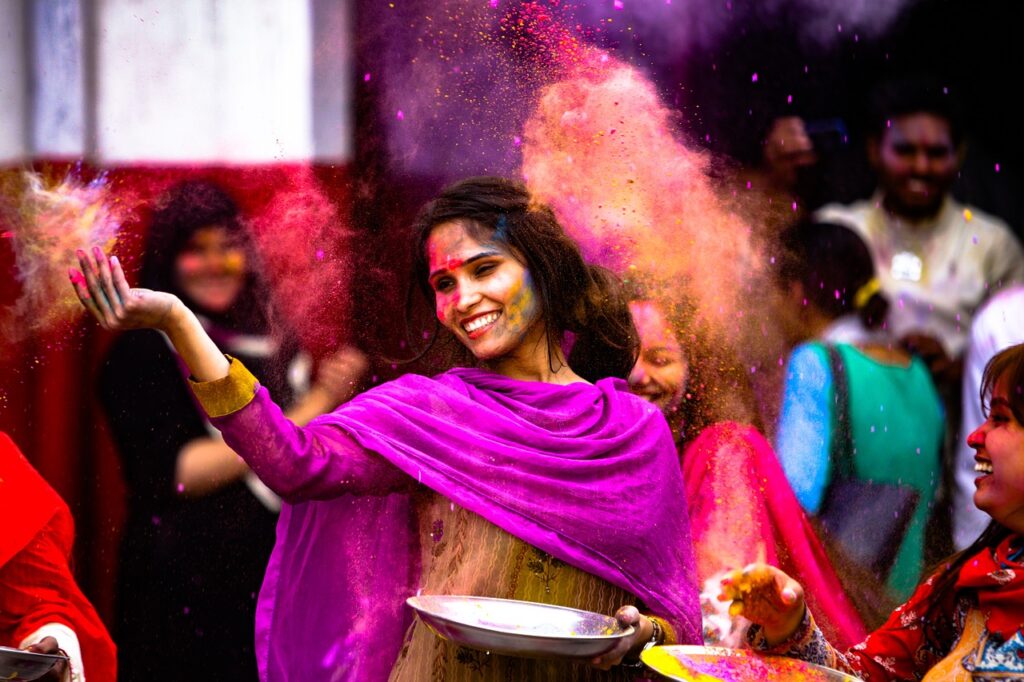
Hinduism’s festivals are a celebration of life, light, and togetherness.
- Diwali, the Festival of Lights, marks the triumph of good over evil, with homes lit by thousands of lamps.
- Holi, the Festival of Colors, paints streets with joy, symbolizing the arrival of spring and the spirit of unity.
These celebrations are not just events—they are experiences that bind families and communities through joy, devotion, and shared traditions.
The Power of Stories in Hindu Mythology
Hindu mythology is a treasure trove of wisdom wrapped in captivating tales.
Take the story of Rama and Sita from the Ramayana: a tale of love, loyalty, and triumph over adversity. Or the timeless teachings of the Bhagavad Gita, where Krishna advises Arjuna to embrace his duties with courage.
These stories aren’t just ancient—they hold lessons that resonate with our daily lives.
Philosophy and Modern Life

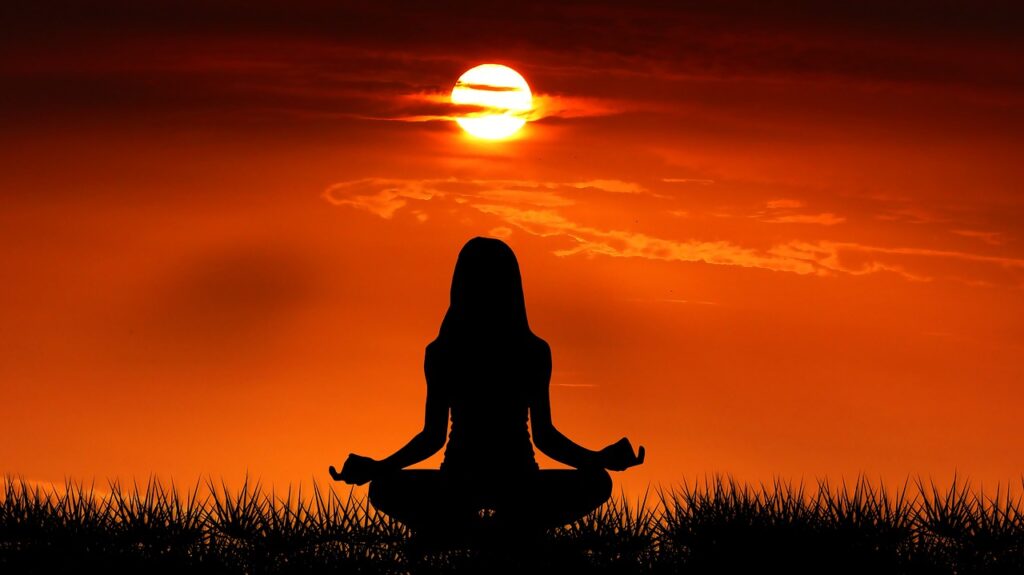
Hinduism has gifted the world with practices like yoga and meditation. These ancient teachings, rooted in spiritual discipline, have become tools for mental and emotional well-being.
In today’s fast-paced world, pausing for a moment of mindfulness can transform stress into serenity—a legacy of Hindu wisdom.
Cultural Legacy and Artistic Expressions
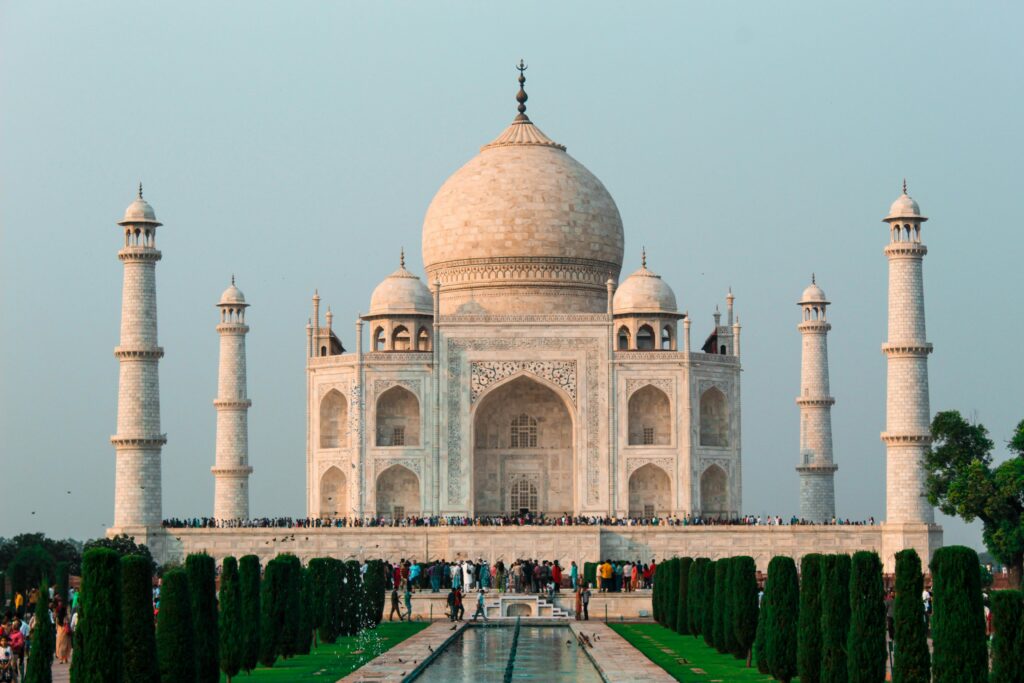
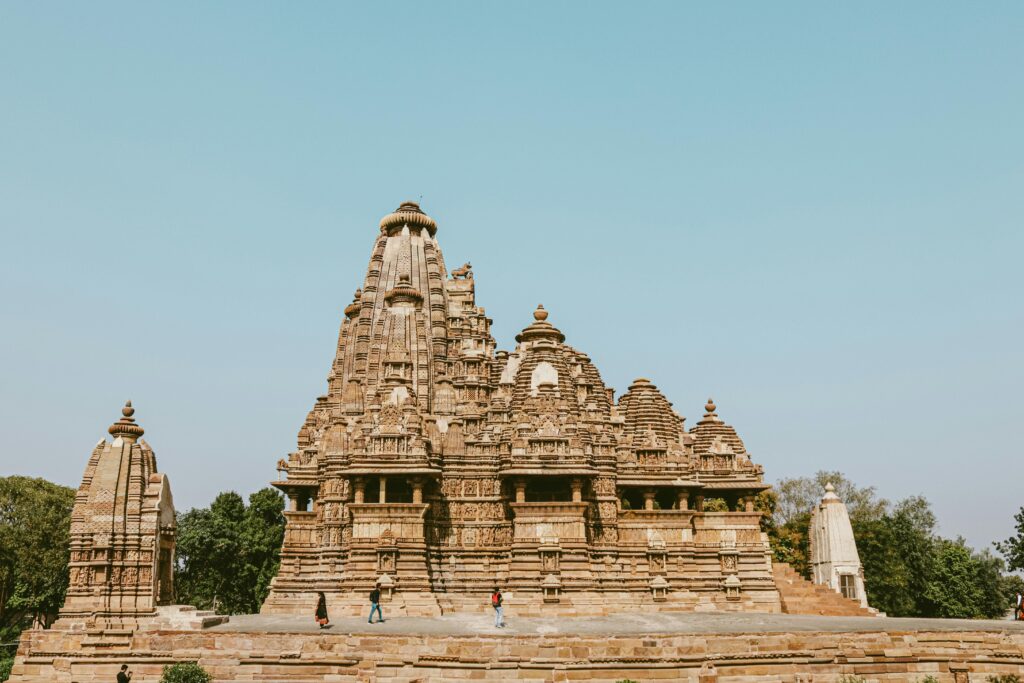
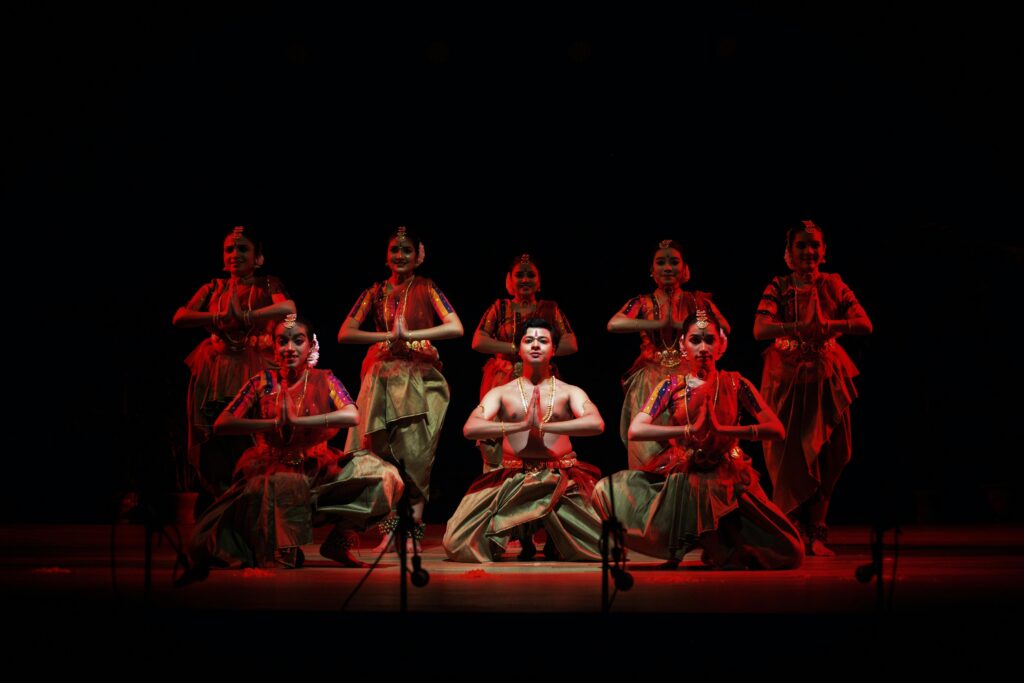
Hinduism’s influence on art and culture is profound.
- Intricate temple carvings narrate stories of gods and heroes.
- Dance forms like Bharatanatyam are expressions of devotion through movement.
- The Taj Mahal, while not Hindu, reflects the blending of artistic traditions influenced by India’s rich culture.
Every element is a testament to the creativity and spirituality that Hinduism inspires.
Conclusion
Hinduism’s beauty lies in its diversity, adaptability, and timeless wisdom. It continues to inspire people across the globe, bridging ancient traditions with modern life.
So, what aspects of Hinduism resonate most with you? Share your thoughts and let’s create a space for learning and connection!



